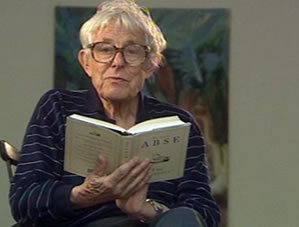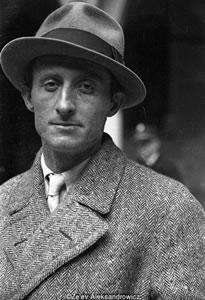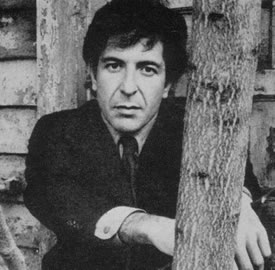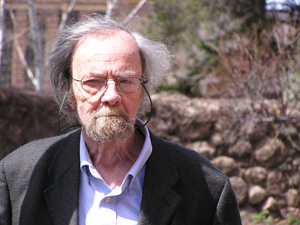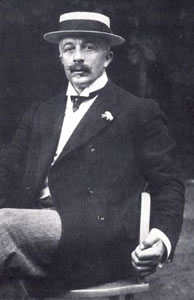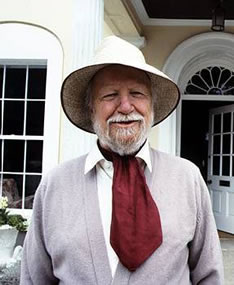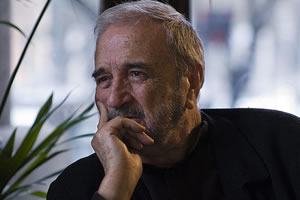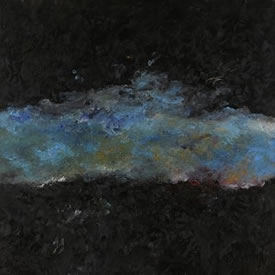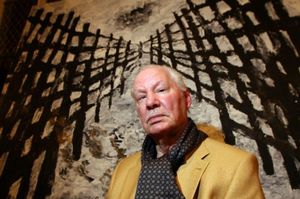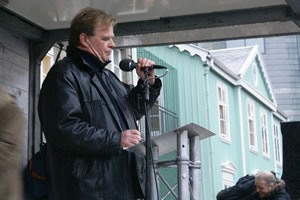De Tsjechische dichter Jaroslav Seifert werd op 23 september 1901 geboren en groeide op in de arbeiderswijk Žižkov in Praag. Zie ook mijn blog van 23 september 2010 en eveneens alle tags voor Jaroslav Seifert op dit blog.
DANCE OF THE GIRLS’ CHEMISES
A dozen girls’ chemises
drying on a line,
floral lace at the breast
like rose windows in a Gothic cathedral.
Lord,
shield Thou me from all evil.
A dozen girls’ chemises,
that’s love,
innocent girls’ games on a sunlit lawn,
the thirteenth, a man’s shirt,
that’s marriage,
ending in adultery and a pistol shot.
The wind that’s streaming through the chemises,
that’s love,
our earth embraced by its sweet breezes:
a dozen airy bodies.
Those dozen girls made of light air
are dancing on the green lawn,
gently the wind is modelling their bodies,
breasts, hips, a dimple on the belly there —
open fast, oh my eyes.
Not wishing to disturb their dance
I softly slipped under the chemises’ knees,
and when any of them fell
I greedily inhaled it through my teeth
and bit its breast.
Love,
which we inhale and feed on,
disenchanted,
love that our dreams are keyed on,
love,
that dogs our rise and fall:
nothing
yet the sum of all.
In our all-electric age
nightclubs not christenings are the rage
and love is pumped into our tyres.
My sinful Magdalen, don’t cry:
Romantic love has spent its fires.
Faith, motorbikes, and hope.
Vertaald door Ewald Osers
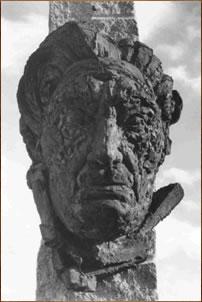
Jaroslav Seifert ( 23 september 1901 – 10 januari 1986)
Bronze beeld doorStanislav Hanzik in Kralupy nad Vltavou
Lees verder “Jaroslav Seifert, Leni Saris, Daniel Czepko von Reigersfeld, Emma Orczy”

